The Gist
The Role of Morality in Literature
Morality plays a crucial role in literature, serving as both a mirror to society and a vehicle for self-reflection. Stories are one of the ways we explore what it means to be human, and many of the most memorable narratives confront us with ethical questions—forcing both characters and readers to grapple with decisions that don’t have easy answers. Whether it’s the betrayal of a friend, the desire for revenge, or the pursuit of justice at any cost, these moral dilemmas are what give stories emotional depth and intellectual weight.
In literature, morality is not just about labeling actions as good or bad—it’s about exploring the why behind those actions. What motivates a character to break the rules? Is the pursuit of personal happiness justified if it causes harm to others? These are the kinds of questions that keep readers engaged, prompting them to reflect on their own values and biases.
Morality Across Literary Eras
The concept of morality in literature has evolved over time, reflecting the changing values of different cultures and societies. In ancient epics like The Iliad or The Odyssey, morality was tied to honor, loyalty, and duty. Heroes were expected to uphold these virtues, even at great personal cost. As literature evolved, particularly with the rise of the novel in the 18th and 19th centuries, authors began to focus more on individual moral struggles. Works like Mary Shelley’s Frankenstein or Fyodor Dostoevsky’s Crime and Punishment explore themes of guilt, redemption, and the consequences of personal actions.
In modern literature, morality becomes even more nuanced. Stories no longer present clear distinctions between heroes and villains. Instead, characters are often morally ambiguous, and readers are invited to sympathize with people who make questionable choices. Think of Jay Gatsby from The Great Gatsby—a character driven by love and ambition, but also deeply flawed. Or the antiheroes in contemporary fiction, like Walter White from Breaking Bad, whose descent into criminality raises questions about how far a person can go before crossing the line of no return.
Types of Moral Dilemmas in Literature
One of the reasons morality resonates so deeply in literature is because it presents dilemmas that are universally relatable. Here are a few common types of moral dilemmas that appear in storytelling:
- The Choice Between Two Evils: Characters are forced to choose the lesser of two harmful options, as seen in Shakespeare’s Hamlet, where the protagonist struggles with whether to avenge his father’s death.
- The Conflict Between Duty and Desire: This dilemma is central to Jane Austen’s Pride and Prejudice, where characters must navigate societal expectations versus personal happiness.
- The Question of Forgiveness: Some stories, like Khaled Hosseini’s The Kite Runner, explore the difficulty of seeking and granting forgiveness, examining whether redemption is always possible.
- The Debate on Justice vs. Mercy: In To Kill a Mockingbird, Harper Lee raises questions about justice, prejudice, and whether mercy can exist within an imperfect legal system.
These dilemmas are not just plot devices—they mirror the complexities of real life, making readers pause and reflect on what they would do if faced with similar choices.
Why Morality in Literature Matters
Literature’s exploration of morality serves a greater purpose beyond entertainment. It helps readers develop empathy by allowing them to see the world through different perspectives. When we read about characters wrestling with difficult decisions, we’re invited to step into their shoes, understanding their fears, hopes, and motivations. This process not only broadens our emotional awareness but also encourages us to question our assumptions and beliefs.
Furthermore, moral themes in literature often spark important conversations. Think about the debates that arise from reading dystopian novels like George Orwell’s 1984 or Margaret Atwood’s The Handmaid’s Tale. These stories don’t just entertain—they challenge readers to think critically about power, freedom, and the moral implications of living in society.
Applying the Lessons of Literature to Real Life
So, how does all of this translate to real life? The beauty of literature is that it doesn’t provide easy answers. Instead, it encourages us to engage in a dialogue with ourselves and others. When we read about a character making a difficult choice, we’re prompted to ask, “What would I have done in that situation?” These hypothetical questions help us better understand our own values and prepare us for the moral challenges we face in everyday life.
Additionally, literature reminds us that moral growth is a journey. Just as characters evolve and learn from their mistakes, so do we. Whether it’s learning to forgive, standing up for what’s right, or recognizing our own flaws, the lessons found in stories can guide us toward becoming more thoughtful and compassionate individuals.
Final Thoughts
The exploration of morality in literature is as timeless as storytelling itself. It reflects the complexities of the human experience, offering readers a space to wrestle with their own beliefs and values. Whether it’s a classic novel or a modern-day narrative, stories have the power to illuminate the gray areas of morality, showing us that being human is about more than just right and wrong—it’s about understanding, questioning, and growing.
So the next time you pick up a book, pay attention to the moral dilemmas the characters face. Who knows? You might just discover a bit more about yourself along the way.
Let’s Talk
Isn’t it fascinating how literature can make us question things we thought we had all figured out? Morality is one of those themes that sneaks up on you in books—one minute you’re following a character’s story, and the next, you’re asking yourself, “Wait, would I have done the same thing?” And that’s the magic of it. Stories don’t just entertain us; they hold a mirror up to our own beliefs and make us think about what it really means to live a good life.
Take someone like Jean Valjean from Les Misérables. He’s a man who steals a loaf of bread to feed his sister’s starving family. Technically, theft is wrong—but was it really wrong in that situation? That’s the kind of moral question that doesn’t come with a neat answer, and that’s what makes it so powerful. It gets under your skin, making you think about where you draw your own ethical lines. Ever had one of those moments where you did something small but questionable and thought, “Well, it’s not really wrong, is it?” Literature taps right into that space of ambiguity.
And then there’s the way literature makes us see things from different perspectives. Think about To Kill a Mockingbird—through the eyes of Scout Finch, you see both the innocence of a child and the harsh realities of prejudice and injustice. It’s that duality that makes stories like these stick with us long after we’ve read the last page. They remind us that morality isn’t always about big, life-altering decisions. Sometimes, it’s about the small, everyday choices—like standing up for someone or choosing kindness over convenience.
The best part? These moral dilemmas aren’t just confined to the pages of books. They follow us into real life. How often do we find ourselves making little compromises or justifying our actions? Maybe you’ve found yourself in a situation where helping someone meant bending the rules a little. Do you follow the rules to the letter, or do you do what feels right in the moment? It’s like the universe keeps throwing pop quizzes at us, testing what we’ve learned from the stories we carry with us.
And here’s the thing—morality isn’t static. Just like characters in a novel, we evolve. Our values shift as we grow, influenced by the experiences we collect and the people we meet along the way. Maybe you used to believe that everything was black and white, and now you see a whole spectrum of gray. That’s okay—if anything, that’s the beauty of growth. Literature helps us embrace that process. It tells us that it’s normal to question, to struggle, and even to make mistakes. What matters is that we learn from those moments and keep trying to do better.
It also makes you wonder—how much of our own moral compass is shaped by the stories we consume? When we cheer for an antihero or forgive a flawed protagonist, are we shifting the way we see morality in real life? Maybe that’s why certain stories resonate so deeply. They give us permission to be imperfect, to explore the complexities of human nature without judgment.
So, what about you? Are there any books that made you stop and think about your own values? Have you ever found yourself sympathizing with a character you thought you’d never relate to? And how often do we allow ourselves the space to reflect on our own moral growth, the way we would with a fictional character’s arc? Because at the end of the day, life is a lot like a good novel. It’s messy, unpredictable, and full of dilemmas—and we’re all just doing our best to make it through the chapters, one choice at a time.
Let’s Learn Vocabulary in Context
Let’s take a closer look at some of the key words and phrases that popped up when we talked about morality in literature. These aren’t just fancy literary terms—they have practical uses in everyday conversations, too.
First up is moral compass. This phrase refers to someone’s internal sense of right and wrong, like a guide that helps us make decisions. You’ve probably used it before, like when you say, “My moral compass won’t let me lie about this.” It’s handy in conversations where you’re discussing ethics or personal values.
Then we have dilemma. A dilemma is when you have to make a tough choice between two equally difficult options. You could say, “I was in a dilemma about whether to attend my friend’s party or finish my project.” It’s a great word to use when talking about decision-making, especially when both options come with their own challenges.
Perspective is another powerful word. It refers to the way someone views a situation, shaped by their experiences and beliefs. When you say, “From my perspective, it makes more sense to save money now,” you’re sharing how you see things. In literature, characters often grow by seeing things from someone else’s perspective—and we can do the same in real life.
Next is ambiguous. This word means something isn’t clear or has multiple interpretations. Ever read a text message and wondered what it really meant? That’s ambiguity at play. You might say, “The instructions were so ambiguous, I didn’t know what to do.” It’s a good word to use when things feel open-ended or confusing.
Justification is another interesting term. It’s the reasoning we use to explain or defend our actions, even when they might not be right. Think of it like saying, “I know it wasn’t great to skip the meeting, but I justified it by telling myself I needed rest.” We all use justifications now and then, sometimes to make ourselves feel better about our choices.
Empathy is a word we can’t ignore. It’s the ability to understand and share the feelings of others. You might hear someone say, “I have so much empathy for people going through tough times.” It’s about putting yourself in someone else’s shoes, which is exactly what literature invites us to do.
We also touched on growth. Growth isn’t just about getting taller—it’s about personal development and change. You could say, “I’ve seen a lot of personal growth in myself over the past year.” Characters grow throughout a story, and so do we in real life, learning from every experience.
Redemption is one of those words that feels heavy but hopeful. It’s about making things right after you’ve done something wrong. You might say, “He sought redemption by apologizing and making amends.” It’s a word often used in literature, where flawed characters seek second chances—and it’s a powerful reminder that we all deserve them.
Let’s also look at bias. Bias refers to a preconceived notion or preference that can cloud judgment. You might admit, “I have a bit of a bias toward supporting my friend’s idea.” Recognizing our own biases, like readers do with characters, helps us see the world more clearly.
Finally, reflection. This word is all about looking back on something thoughtfully. After a busy day, you might say, “I need a moment to reflect on everything that happened.” Literature encourages reflection—not just on what happens in the story, but on how it connects to our own lives.
Here are two questions to ponder:
- Can you think of a time when your perspective changed after understanding someone else’s situation?
- How often do you reflect on the moral compass guiding your own decisions?


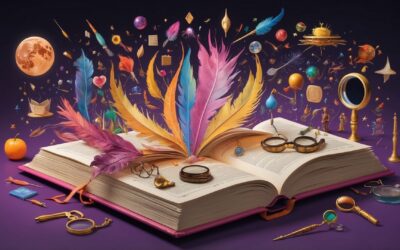
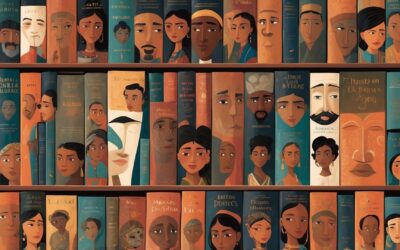
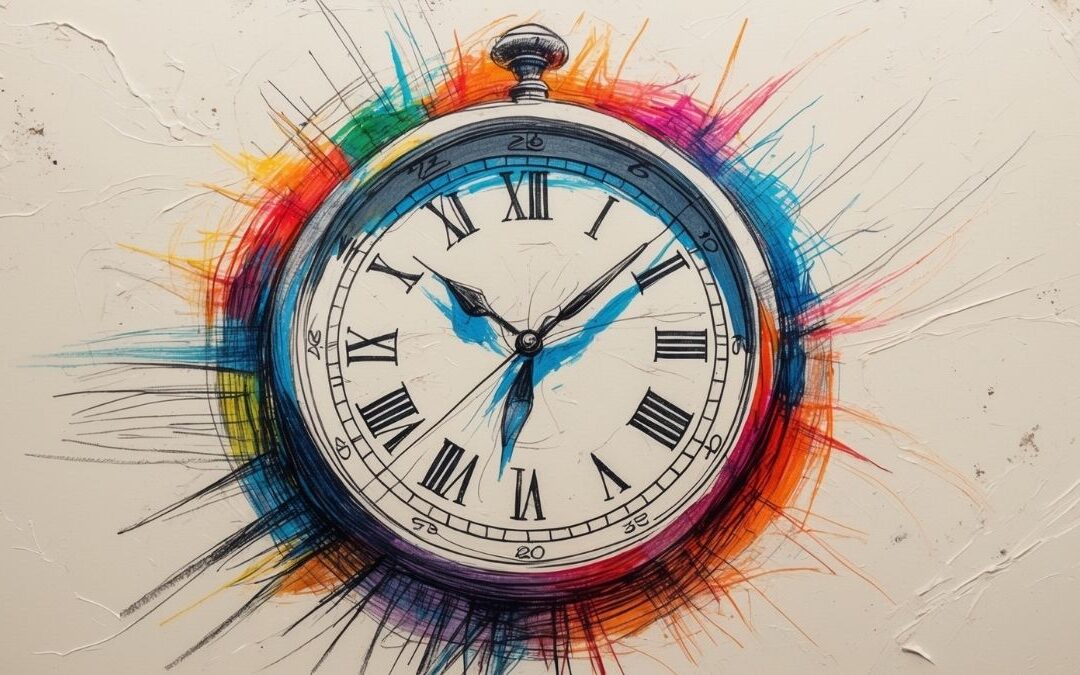
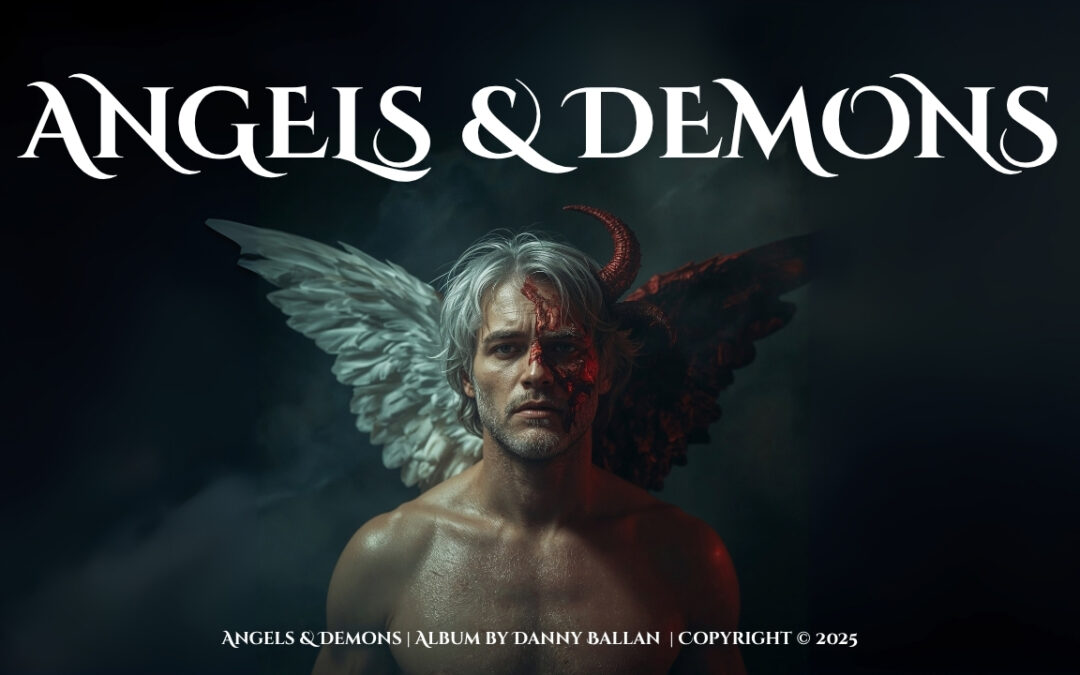
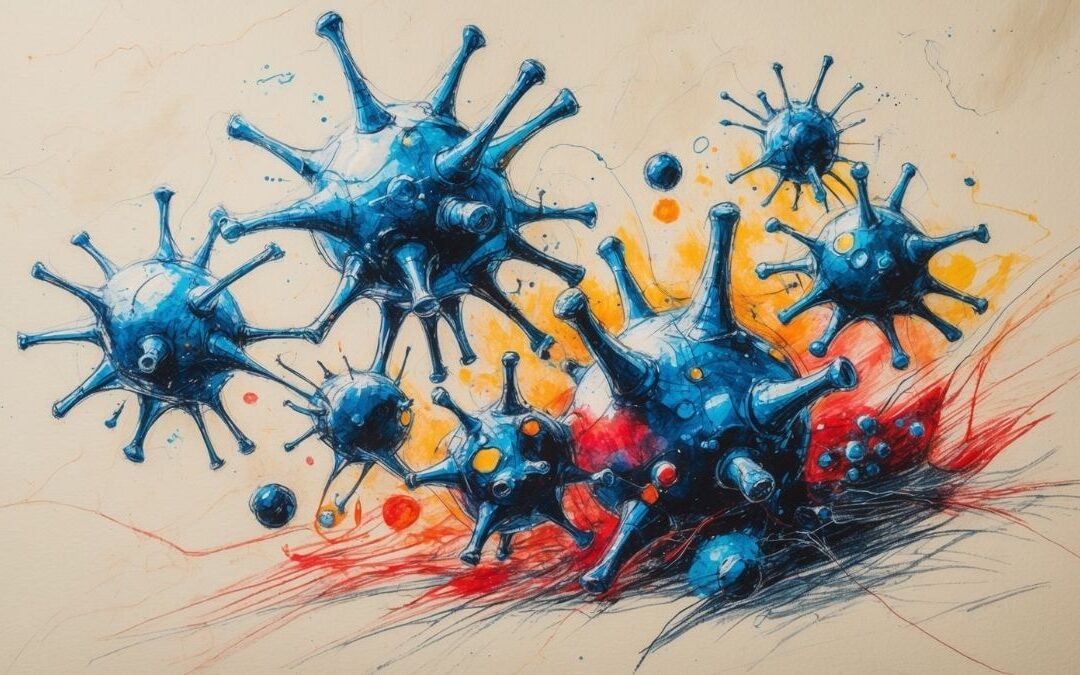
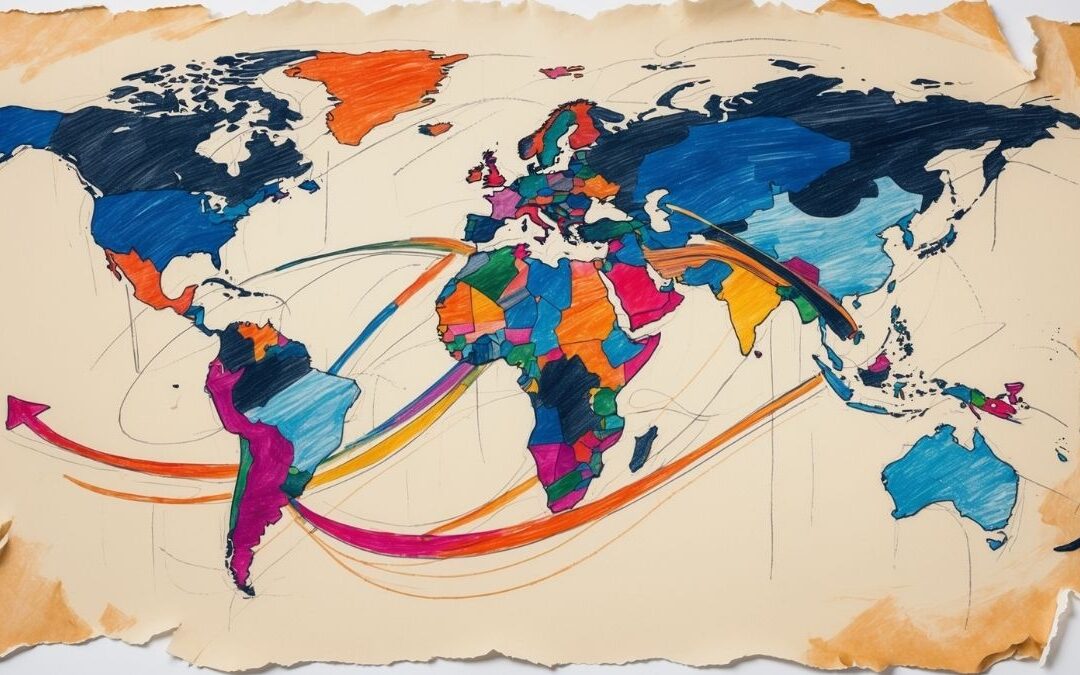


0 Comments